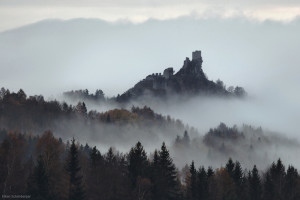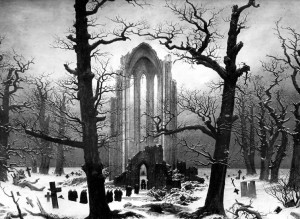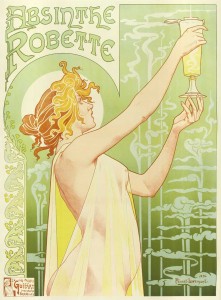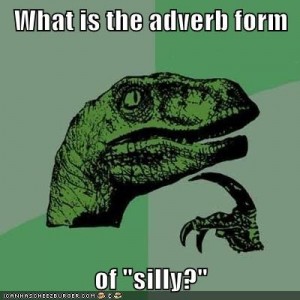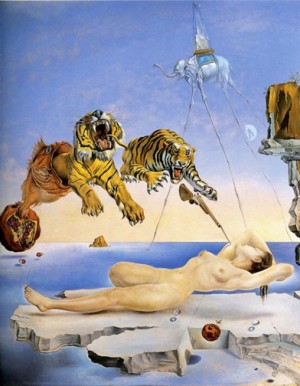Four years ago, I packed up a rental car with 2 giant suitcases, my comforter, and my bike, and drove all the way from my Florida hometown to Washington D.C. I had recently graduated undergrad and was moving to the home of American government for the foreseeable future. I made the drive up alone–my then-boyfriend (now husband) had already flown up the month before to find us an apartment.

Like this, but with fewer friends.
Driving for thirteen hours straight with no one to talk to gives a person time to think. Music was blasting from the CD player, and as the notes swirled around my brain a vague story started to coalesce. Inspired by the soaring refrains and intense lyrics of Muse’s latest album, the story was grand and sweeping and dramatic. An epic tale of romance and betrayal. Politics and religion. A city on the brink.
When I stopped off at the next rest area, I jotted down a few notes into my journal. “Mad Men meets Ancient Rome meets War and Peace,” the notes read. “Star Wars meets Gone With the Wind.”
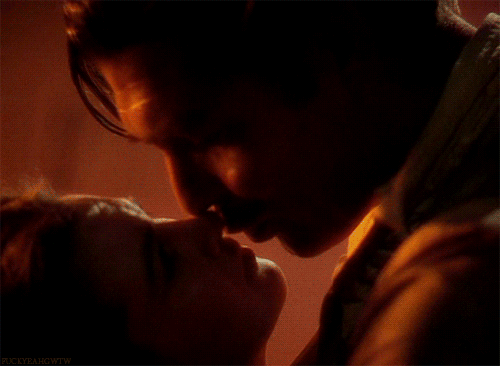
“Kiss me, once.”
I was only a slightly ambitious.
